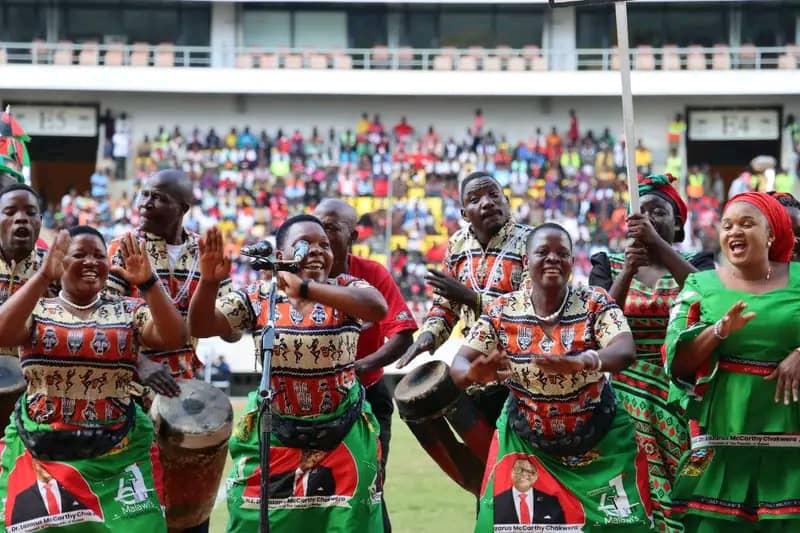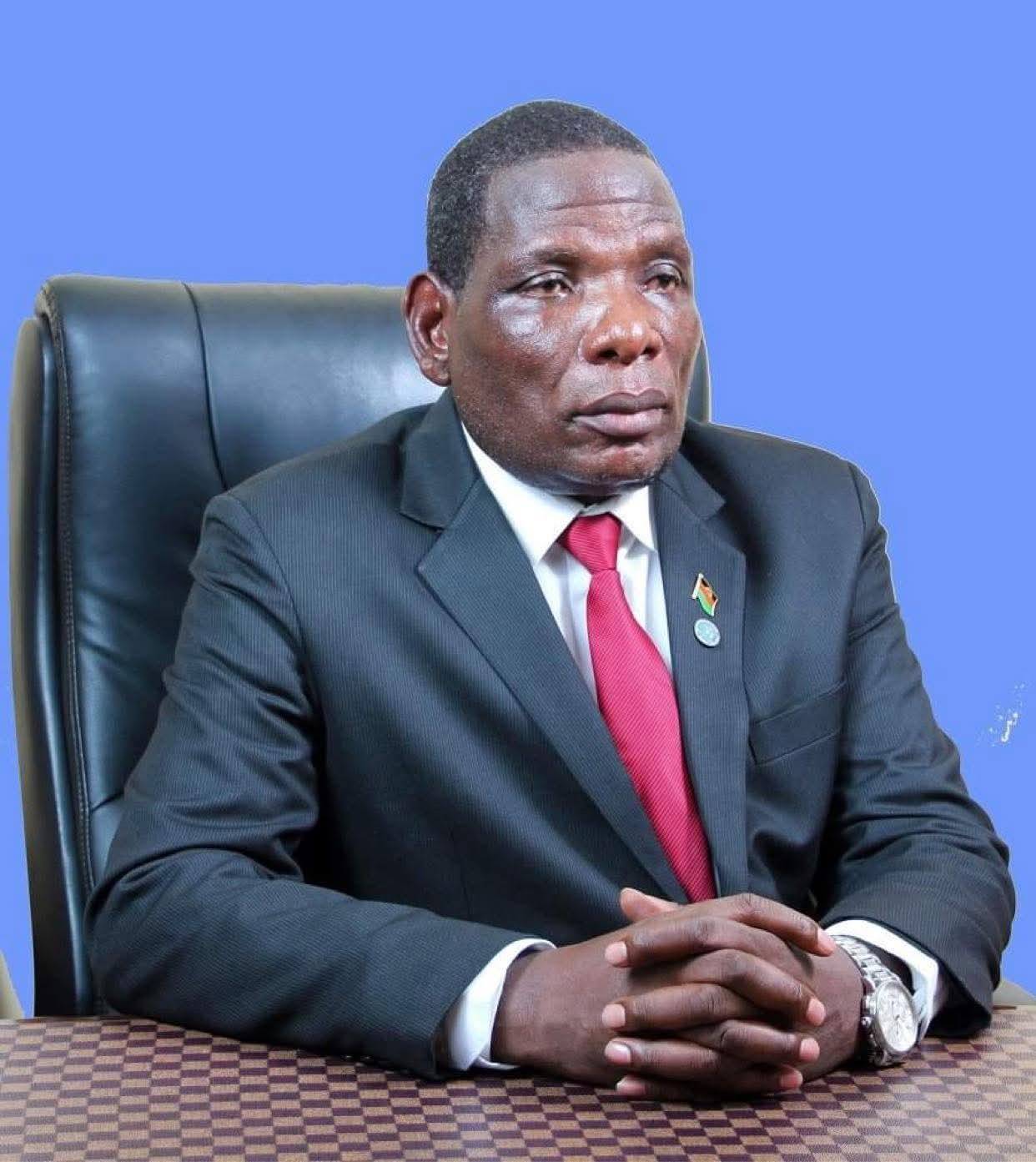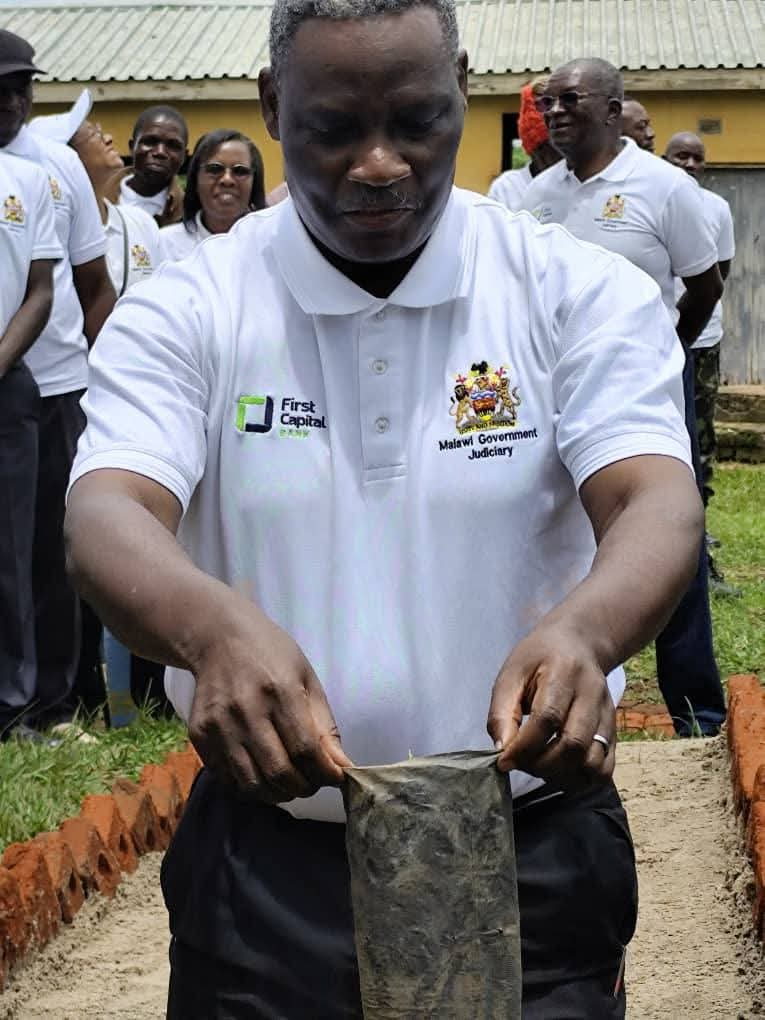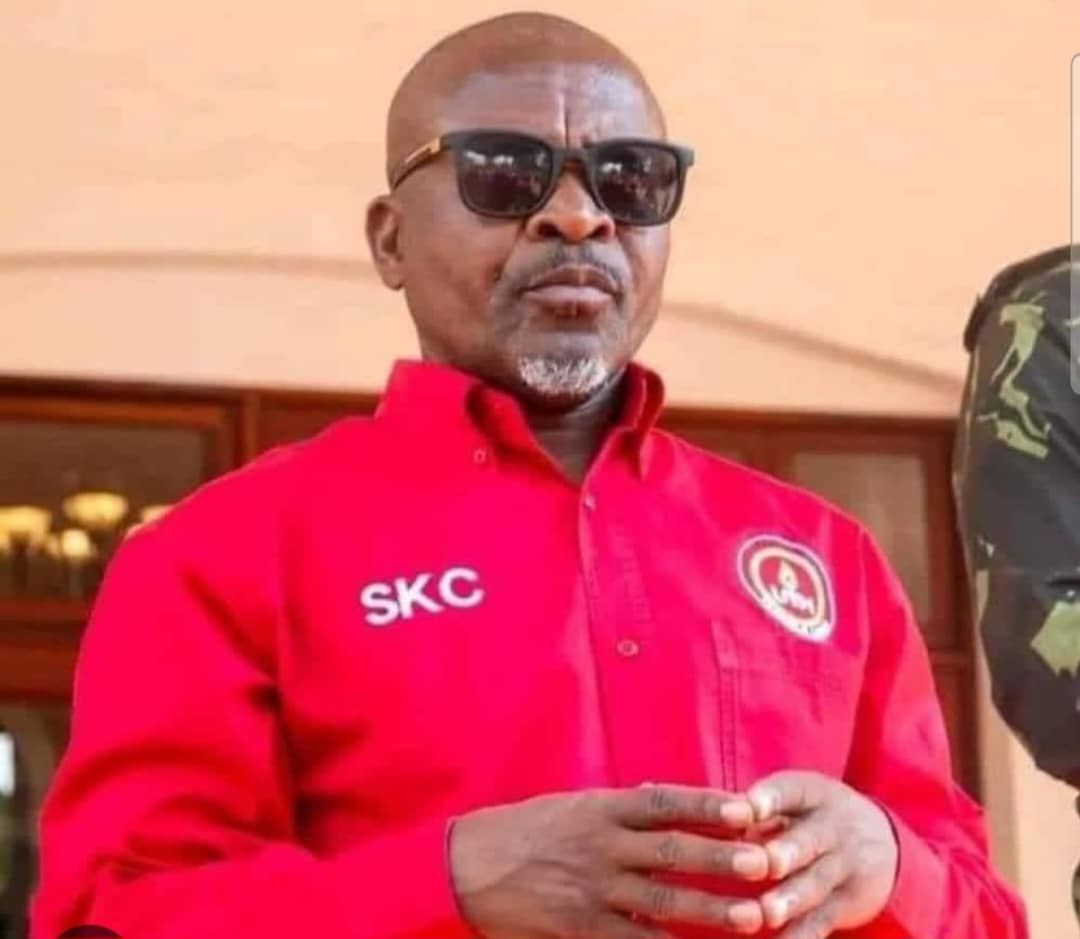By Burnett Munthali
As Malawi celebrates 61 years of independence, it is important to pause, reflect, and ask the most uncomfortable question of all: How independent is this country, really?
Independence is more than the ceremonial lowering of a colonial flag. It is more than the military parades, presidential speeches, and dancing at stadiums.
Independence must be measured by the lived realities of the people—not the optics broadcast on state television.
What does it mean to be independent when over 70% of the population lives below the poverty line?
What kind of independence do we celebrate when Malawians sleep on empty stomachs, while their leaders travel the world in luxury?
Is it truly independence when public hospitals have no medicine, yet government officials enjoy medical treatment abroad at the taxpayers’ expense?
Can we boast of independence when our youth—educated, skilled, and ambitious—are jobless and forced into survival mode, doing piece work or migrating for greener pastures?
What kind of sovereignty is it when our economy is completely dependent on foreign aid, donor goodwill, and IMF prescriptions that often deepen inequality?
True independence means freedom from dependency, freedom from corruption, and freedom from the chains of economic and political exploitation—both internal and external.
Yet here we are, six decades later, and the average Malawian still begs for basic services, still fears to speak freely, and still watches the rich get richer while the poor die waiting for development that never comes.
Is this the vision our founding fathers fought for?
Is this the freedom that cost lives in the struggle against British colonial rule?
Or have we merely traded one form of oppression for another—where power now resides in the hands of local elites who act with the same arrogance and impunity as the colonial masters?
A truly independent country must have strong institutions, equal justice, and leadership that listens—not leadership that silences, intimidates, and exploits.
Malawi’s political system has become a game of musical chairs among recycled elites who use alliances and patronage—not policy and vision—to cling to power.
The civil service, once a proud engine of development, is now crippled by nepotism, low morale, and delayed salaries.
Our justice system, often praised on paper, suffers in practice from selective application of the law—where politically connected individuals walk free while ordinary citizens face harsh punishment for lesser crimes.
And yet, year after year, we gather in stadiums and churches to sing praises to a country that refuses to liberate its own people from economic captivity, political manipulation, and social despair.
So again, the question stands: how independent is Malawi, really?
Independence must go beyond symbols. It must translate into power for the people, justice for all, and prosperity that is shared—not hoarded.
Until then, what we celebrate on July 6th is not true freedom.
It is a yearly ritual of denial—a ceremony of pretending that everything is fine, when the nation is crying beneath the surface.
If Malawi is to ever realize genuine independence, we must stop clapping for mediocrity, stop electing leaders who enrich themselves at our expense, and start demanding accountability at every level.
The struggle for true independence did not end in 1964.
It continues today—in our streets, our schools, our hospitals, and our Parliament.
The dream is still alive.
But it will take bold truth, radical honesty, and national courage to finally set Malawi free.




